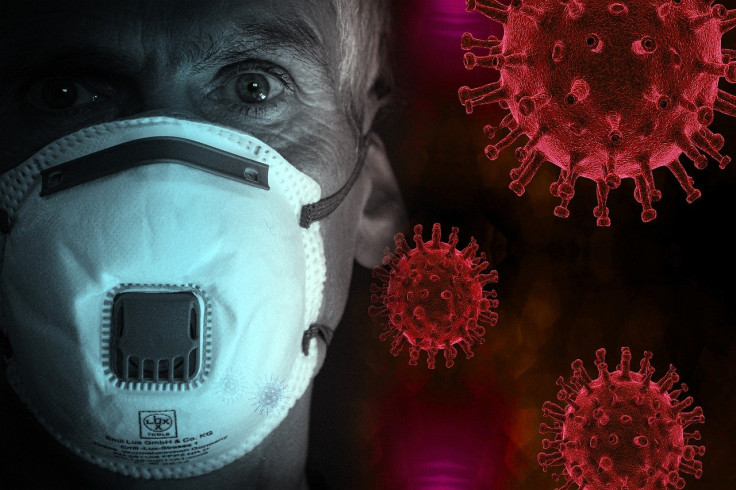MRI scans reveal how Covid-19 infection changes the brain
The scientists analysed the health data of 785 participants who were between the ages of 51 and 81.
A study conducted by scientists in the UK has revealed that Covid-19 infection changes the human brain. The findings, which have now been published in the journal Nature, are based on the health data of 401 people who have had Covid-19, and 384 people who did not get the infection.
The UK Biobank project already had pre-infection brain scans of these participants whose health was being monitored over the last 15 years. The 785 participants were between the ages of 51 and 81.
The uninfected group was similar to the infected persons in terms of age, sex, and many risk factors, including blood pressure, obesity, smoking, socioeconomic status and diabetes.
The study states that even a mild infection can cause the overall size of the brain to shrink. The parts related to smell and memory were left with less grey matter post-Covid infection. It is not yet clear whether the changes are permanent or not.
"We need to bear in mind that the brain is really plastic - by that we mean it can heal itself - so there is a really good chance that, over time, the harmful effects of infection will ease," added lead author Prof. Gwenaelle Douaud.
The study revealed that those who had recently recovered from Covid-19 infection found it a little difficult to perform complex mental tasks. And the overall brain size had shrunk between 0.2 and 2%, revealed the study.
We lose a tiny fraction of gray matter each year as we age. The regions related to memory lose around 0.2%-0.3% of the grey matter. As per the study, Covid-19 patients suffered around 0.2% to 2% additional grey matter loss.
UK Biobank chief scientist Prof. Naomi Allen told BBC: "It opens up all sorts of questions that other researchers can follow up about the effect of coronavirus infection on cognitive function, on brain fog and on other areas of the brain - and to really focus research on how best to mitigate that."
The study does not say anything about the different variants, and whether they can also cause the same damage to the brain. The researchers have cautioned that more studies need to be conducted to say anything concrete.
"What this study almost certainly shows is the impact, in terms of neural changes. But I don't think it helps us understand the mechanisms underpinning cognitive change after Covid infection," said Dr. Alan Carson, a professor of neuropsychiatry at the University of Edinburgh.

© Copyright IBTimes 2025. All rights reserved.






















